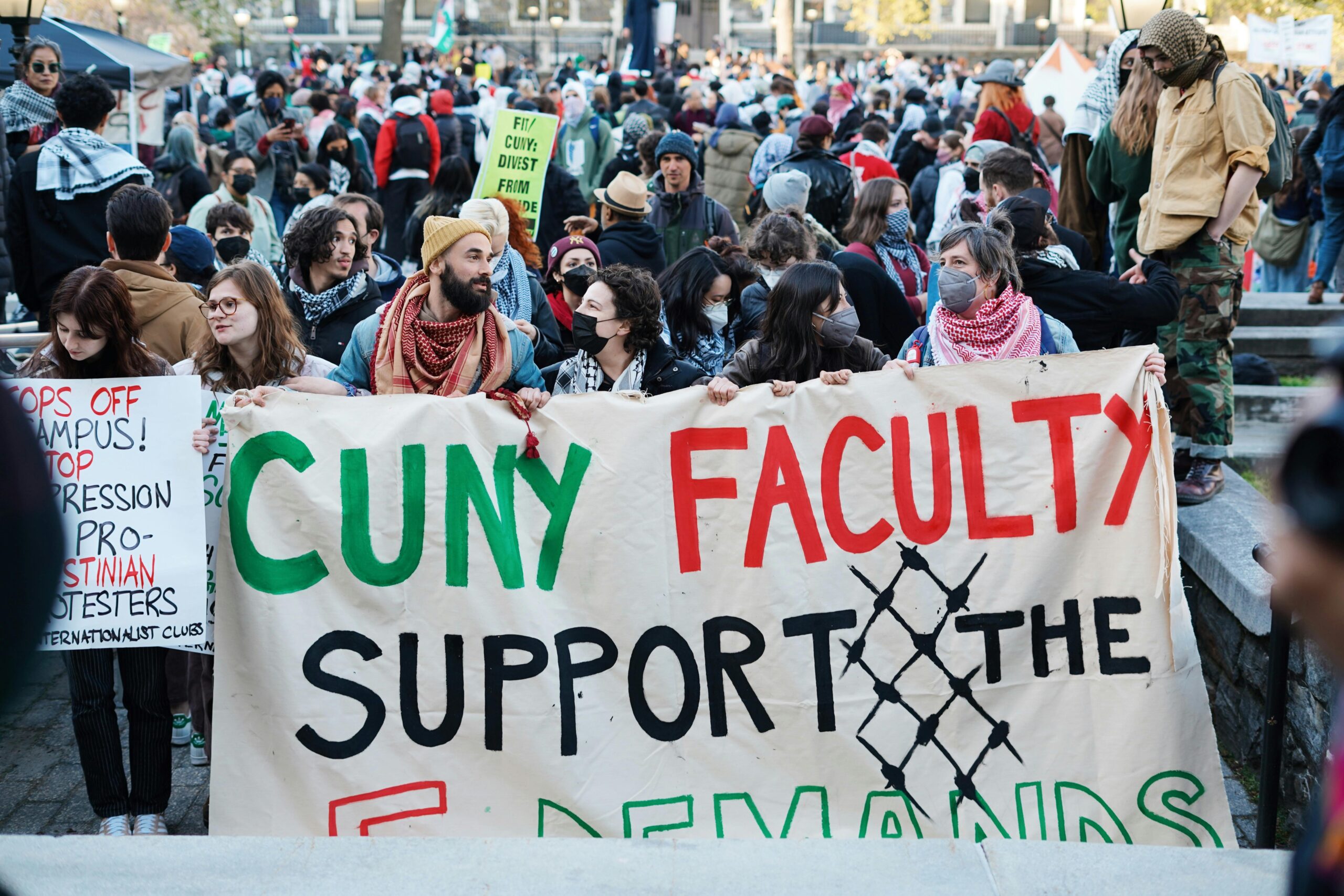This psalm has only two verses:
1) Praise Hashem all nations (“goyim”); Laud him all the peoples (“ha-umim”).
2) For His chesed is great on us and the emet of Hashem is forever, Halleluyah.
(The implication of “גבר — great” is that the chesed is so great that it is beyond measure. See Psalm. 103:11, Soncino and Daat Mikra.)
It seems that the author is asking the nations and peoples of his time to praise the God of Israel, because of the great chesed that God has provided to the nation of Israel. Can this interpretation be correct? Let us review some of our commentaries:
Radak writes that the verse is talking about the Messianic era. He cites Tzefaniah. 3:9: “Then I will turn to the peoples … that they may all call the name of Hashem to worship Him with one shoulder.” (The last two words are a metaphor for “together,” i.e., joined by a single yoke.) Radak adds that the nations did not believe that God could liberate the Israelites from being subjugated. On eventually seeing that He did, they will praise Him.
Daat Mikra takes the approach that when Israel is downtrodden, the nations mock the God of Israel. See, e.g., Psalm 115:2: “Why should the nations say now: ‘Where is their God?’”
Conversely, when Israel is succeeding, the nations are impressed and praise him. Daat Mikra concludes that the background to the verses must be that the nations have seen that God saved Israel. But Daat Mikra does not suggest the particular redemptive event referred to.
Rav Shimshon Refael Hirsch takes the approach that the word “עלינו” in the phrase: “For his chesed is great — עלינו,” is broad enough to include non-Israelites as well. So too, does Iyun Tefillah (in Siddur Otzar Ha-Tefillot). In the time of the Rishonim, Rabbi Moshe Ibn Gikatilah took this approach (cited in Ibn Ezra). God’s chesed to everyone could be that God is keeping us all alive and sustaining us.
But if the reference at Psalm 117:1-2 was also a chesed for both Israelites and non-Israelites, the first verse should have used a phrase like, “Hallelu et Hashem kol ha-aretz.” Why are those doing the praising described in national terms?
Also, let us look at the end of verse 2: “and the emet of Hashem is forever…” “Emet” has two possible meanings here: “truth” and “trustworthiness.” In my view, it is more likely that it means “trustworthiness,” because of its similarity to verse 100:5. There we have: “Ki tov Hashem le-olam chasdo ve-ad dor va-dor emunato.” A reference to God’s trustworthiness seems to me to be more suggestive of keeping promises to Israelites than it is of keeping promises to both Israelites and non-Israelites. Daat Mikra agrees that “emet” has a trust-related meaning at Psalm 117:2.
Another approach is to deny the legitimacy of our initial question. There are other verses in Psalms, where the nations of the world are called upon to praise God for actions favorable to Israel. This approach is taken by Rabbi Feivel Meltzer in his Pnei Sefer Tehillim, page 332. He cites an earlier scholar, Yechezkel Kaufmann, who took this approach. (This Rabbi Meltzer is the son of Rabbi Isser Zalman Meltzer, who died in 1953).
The best example is Psalm 98: 2-4 where we have: “Hashem has made His salvation known and revealed His righteousness to the nations. He has remembered His love and his faithfulness to Israel. All the ends of the earth have seen the salvation of our God. Shout for joy to Hashem all the earth …” Some other examples in the book of Psalms are perhaps: 66:1-6, 68:33-35, 100:1-3 and 148:11-14.
Here is another approach: I know from my own research on the acrostics in the book of Psalms that the fifth book (chapters 107-150) is really from the early Second Temple period. (Probably the fourth book is too.) See my “Esther Unmasked,” pages 207-230. With this background, we can suggest that the author of chapter 117 viewed the Jewish worship in the Temple as beneficial to all the nations. That is why he is asking the nations to praise God for his great chesed to the people of Israel, letting the Temple be rebuilt. (This great chesed to the people of Israel was probably obvious in his time, so it did not have to be explicitly stated.)
Something like this is suggested in the Soncino: “If, as the modern commentators hold, it is of post-exilic date, it proves that universalism was strong in the heart of the Jews when they were struggling to rebuild a national life, and that this task was undertaken in no chauvinist spirit.”
(Although Bava Batra 14b attributes the book of Psalms to David and others who lived earlier than him, there are traditional sources that included Ezra as one of the ten authors of Psalms. See Shir Ha-Shirim Rabbah 4:4 and Kohelet Rabbah 7:19.)
There are many examples of the language of the fourth and fifth books differing from that of the earlier books. Of course in Psalm 137:1, we have the phrase, “Al naharot Bavel sham bachinu.” Malbim and Daat Mikra are willing to accept that parts of Psalms date to the early Second Temple period. The commentary of Rashbam on Psalms, discovered in the 1990s, takes this position as well.)
As to Rashi, there is an unusual, non-plain sense interpretation of our passage in the Talmud at Pesachim 118b. Most likely, Rashi is following it. Rabbi Hayyim Angel had suggested a different interpretation of Rashi in the article in his 2006 work that I cite below. But in his revision of the article in his “Psalms: A Companion Volume (2022),” he concludes that Rashi appears to be following the reading of the Talmud. (I highly recommend this book.)
Is there any possibility that our two-verse chapter is only the remnant of a larger lost psalm? Daat Mikra rejects this. It points out that there are three psalms which only have three verses: 131, 133 and 134. There are some Masoretic texts which join chapter 117 with either 116 or 118. But the texts that are generally more reliable have 117 as a separate chapter. So too, does the Septuagint. There is a “halleluyah,” at the end of 116 and another one at the end of 117. These words always indicate either the beginning or the end of a chapter.
I will close with a story about Rabbi Isaac of Volozhin (died in 1849): “Once, a Russian prince asked (him) to explain why non-Jews instead of Jews, are expected to praise God for his kindness to Israel. (He) replied without hesitation: ‘You princes plan countless anti-Semitic schemes with which to destroy us, but our Merciful God always manages to foil your plots. Your secret councils are so well guarded that we Jews don’t even realize all the ways in which you intended to harm us, nor how God has saved us. Only you gentiles see clearly how God’s kindness to us was overwhelming; therefore only you can praise him adequately!’”
See ArtScroll Tehillim on 117:2. (A similar interpretation was suggested previously by Rabbi Hayyim David Azulay, died in 1806, in his Petach Einayim, Pesachim 118b.)
Mitchell First can be reached at [email protected]. He would like to thank Rabbi Hayyim Angel who wrote an excellent article on this topic in his “Through an Opaque Lens (2006),” introducing him to this issue.













